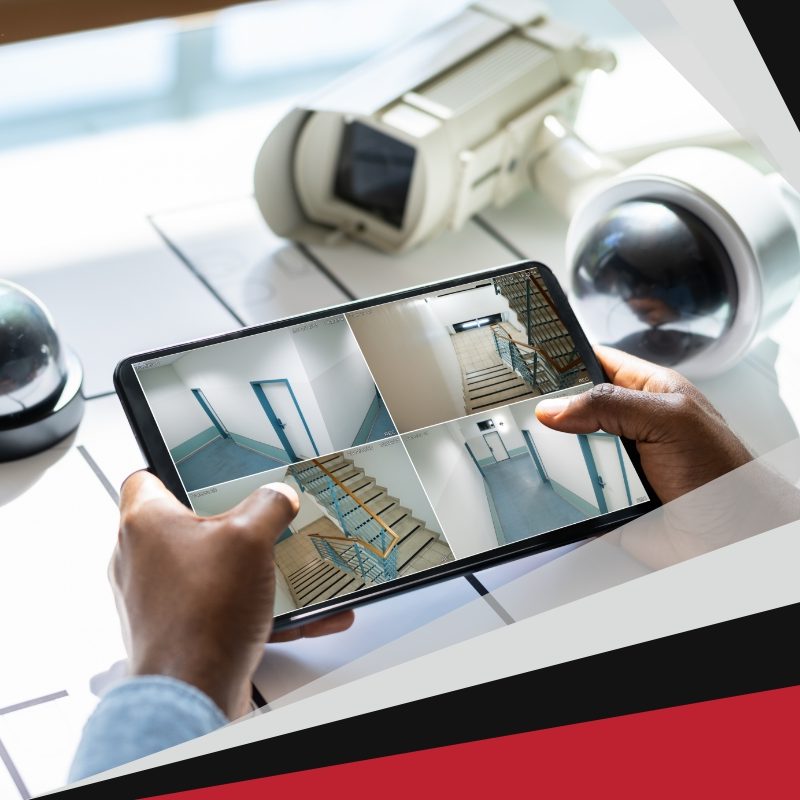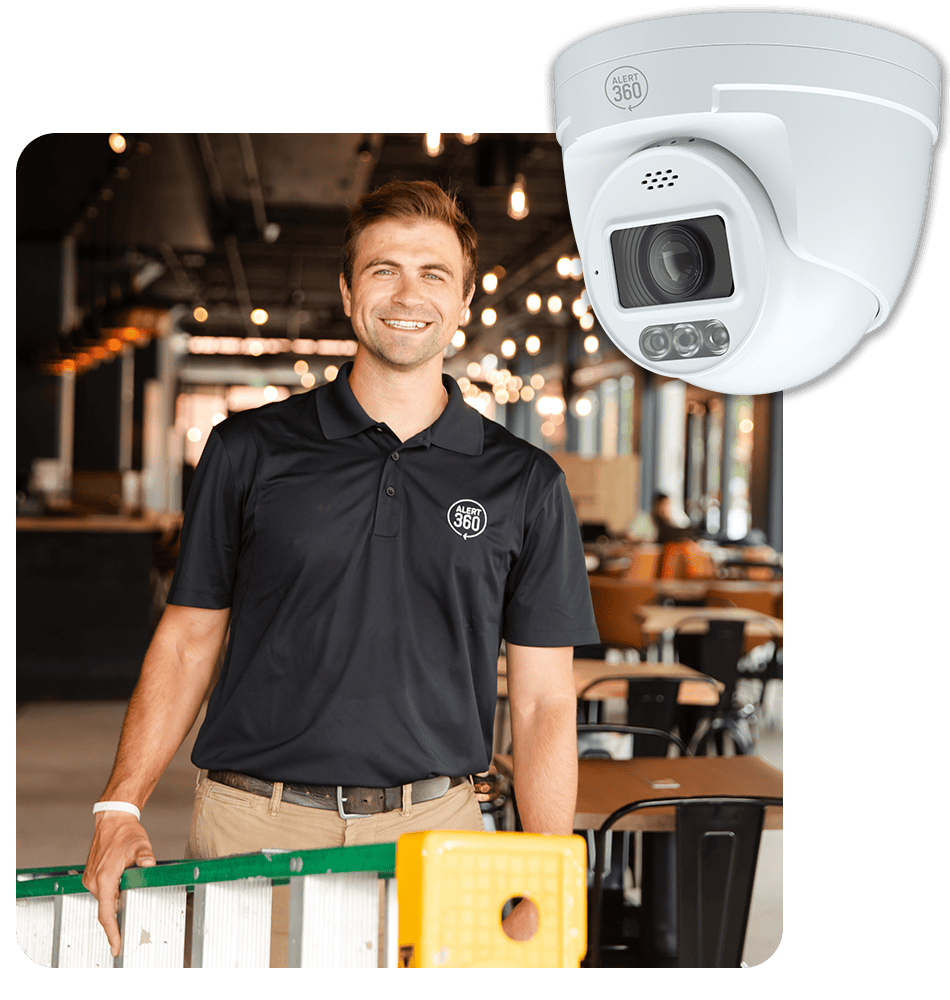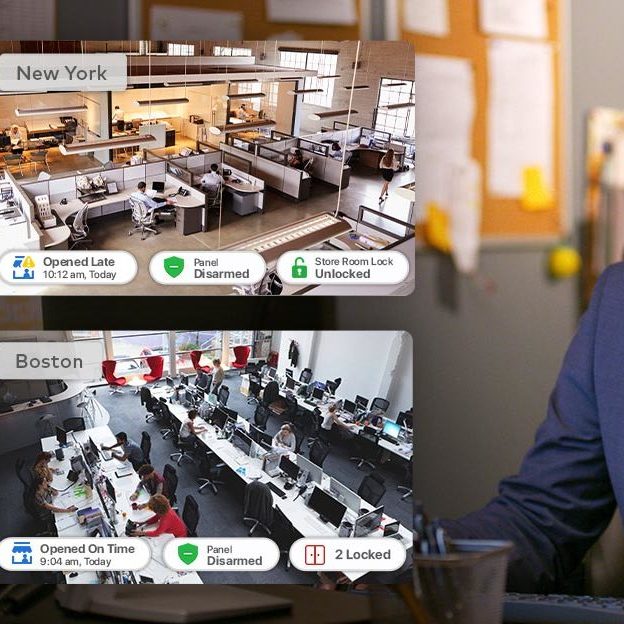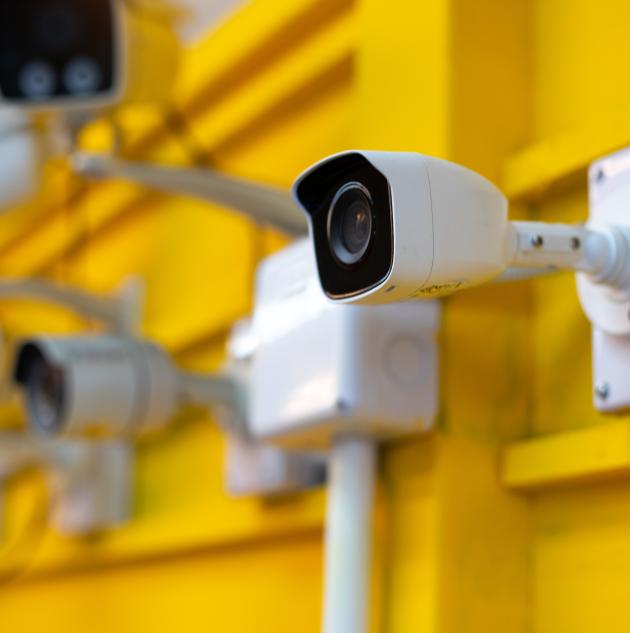In today’s world, securing business premises is not just a choice but a necessity. Business security systems play an essential role in safeguarding assets, ensuring employee safety, and protecting sensitive information. With technological advancements, modern security systems offer more than just basic protection; they provide a comprehensive solution for various threats. This article delves into the different aspects of business security systems, highlighting their importance, components, benefits, and tips for choosing the right system.
The Importance of Business Security Systems
Asset Protection
A business security system is crucial for protecting physical assets. These can range from office equipment and inventory to intellectual property stored on digital devices. Theft and vandalism can lead to significant financial losses and operational disruptions. By having a robust security system in place, businesses can deter potential criminals and respond swiftly to any breaches. Surveillance cameras, alarm systems, and access control measures work together to create a secure environment.
Employee and Customer Safety
The safety of employees and customers is paramount for any business. Security systems ensure that the premises are monitored continuously, reducing the risk of intrusions and violent incidents. Panic buttons and emergency communication systems can provide immediate assistance in case of emergencies. Additionally, visible security measures increase the sense of safety, which can boost employee morale and enhance the overall customer experience.

Core Components of Business Security Systems
Surveillance Cameras
Surveillance cameras are a cornerstone of any security system. They provide real-time monitoring and record footage that can be reviewed later if needed. Modern cameras offer features like high-definition video, night vision, and remote access via smartphones or computers. Placing cameras strategically around the premises covers high-risk areas, entry and exit points, and other critical locations. This not only deters criminals but also helps in identifying and analyzing suspicious activities.
Access Control Systems
Access control systems regulate who can enter specific areas of a business facility. Traditional key-based systems are being replaced by modern solutions such as keycards, biometrics, and mobile access. These systems log entry and exit times, providing an audit trail that can be invaluable during investigations. They can also be integrated with other security measures, such as surveillance cameras and alarm systems, to enhance overall protection.
Benefits of Integrating Advanced Technologies
Remote Monitoring and Management
One of the significant advantages of modern security systems is the ability to monitor and manage them remotely. With internet connectivity, business owners and security personnel can access live feeds, review recorded footage, and control various components from anywhere in the world. This level of accessibility ensures prompt responses to potential threats and allows for real-time decision-making. Remote monitoring can also be cost-effective, reducing the need for on-site security staff.
Advanced Analytics and Artificial Intelligence
The integration of advanced analytics and artificial intelligence (AI) has transformed business security systems. These technologies can analyze vast amounts of data to identify patterns and predict potential threats. For example, AI can recognize unusual behaviors, detect unauthorized access attempts, and even identify individuals based on facial recognition. These advanced features help in proactive threat management and enhance the overall efficiency of security operations.

Choosing the Right Business Security System
Assessing Security Needs
Before selecting a security system, it’s crucial to assess the specific needs of your business. Consider factors such as the size of the premises, the nature of the business, and the types of assets that need protection. Conduct a thorough risk assessment to identify potential vulnerabilities and areas that require enhanced security. By understanding your unique requirements, you can choose a system that provides adequate protection without overspending on unnecessary features.
Consulting with Experts
Consulting with security experts or professional firms can provide valuable insights and recommendations. These professionals have experience in designing and implementing security systems tailored to different business environments. They can suggest the best combination of components, help with installation, and offer ongoing support and maintenance. Working with experts ensures that the security system is both effective and scalable, capable of adapting to future needs and technological advancements.
Implementing and Maintaining Your Security System
Installation Best Practices
Proper installation is key to the effectiveness of a security system. Ensure that all components are installed according to manufacturer guidelines and industry best practices. For surveillance cameras, choose locations that maximize coverage while minimizing blind spots. Access control points should be positioned at strategic entry and exit points. Collaborate with professional installers to verify that the system integrates seamlessly with your existing infrastructure.
Regular Maintenance and Upgrades
Like any other technology, security systems require regular maintenance and timely upgrades to remain effective. Routine checks should be conducted to ensure all components are functioning correctly, and software should be updated to protect against new threats. Scheduled maintenance can prevent system failures and reduce the likelihood of security breaches. Additionally, stay informed on the latest advancements in security technology and consider upgrading your system to leverage new capabilities.

Legal and Ethical Considerations
Compliance with Regulations
Businesses must ensure their security systems comply with relevant local, state, and federal regulations. This includes adhering to privacy laws that govern the collection, storage, and use of surveillance footage and personal data. Complying with these laws is not just a formality; it is a crucial element in maintaining trust and legality in your business operations. In the United States, different jurisdictions have varying regulations regarding how long surveillance footage can be kept, who can access it, and how it must be protected. For instance, the General Data Protection Regulation (GDPR) in Europe places stringent requirements on how businesses must handle personal data, including video recordings.
Violating these regulations can result in significant legal penalties. Fines can be substantial, and the costs associated with non-compliance can escalate quickly, especially if breaches involve customer or employee data. Beyond financial repercussions, non-compliance can severely damage a business’s reputation. Customers, employees, and partners expect their personal information to be handled with the utmost care. A breach or misuse of surveillance data can lead to a loss of trust, potentially damaging relationships and affecting business continuity.
Regularly reviewing compliance requirements ensures that your security practices remain lawful. Laws and regulations evolve over time, and staying up-to-date is essential for ongoing compliance. Periodic audits of your security practices can identify areas for improvement and mitigate risks. Seek legal advice if necessary. Consulting with a legal expert who specializes in data protection and privacy laws can provide valuable insights and guide you through complex regulations. This proactive approach can safeguard your business from legal troubles and help maintain your reputation as a trustworthy entity.
Balancing Security and Privacy
While robust security measures are essential for protection, it’s equally important to respect the privacy of employees, customers, and visitors. Clearly communicate the presence of surveillance systems and the reasons for their use. Avoid placing cameras in private areas such as bathrooms or changing rooms. Balancing security needs with ethical considerations fosters trust and demonstrates a commitment to responsible business practices.
Business security systems are an integral part of safeguarding assets, ensuring safety, and maintaining operational integrity. By understanding the importance of security systems, recognizing their core components, and leveraging advanced technologies, businesses can create a secure environment. Carefully choosing, implementing, and maintaining these systems, while considering legal and ethical implications, ensures comprehensive protection. In an ever-evolving landscape of threats, staying proactive with your security strategy can significantly enhance the resilience and success of your business.


